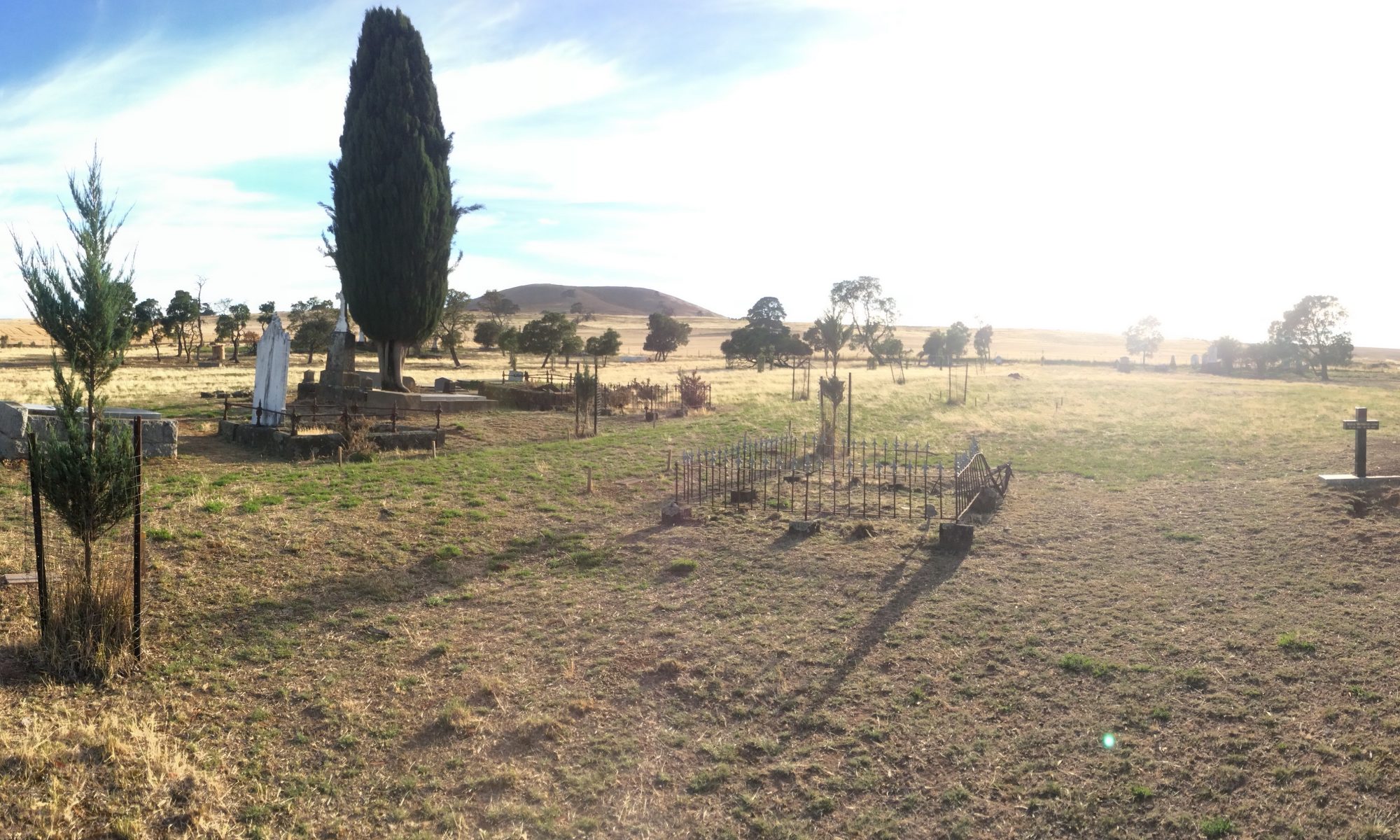There are a number of benefits to those who employ geophysical methods in an archaeological context or in a cemetery.
Benefits for property developers
Geophysical methods remotely detect the archaeology that inevitably has to be excavated and recorded as part of property development projects.
The benefit to property developers when using geophysics is clear: geophysics provides a cheaper and faster means of assessing the potential for archaeology and so allows a significant reduction in the costs for archaeological work such as cultural heritage management plans or site heritage impact assessments.
Further, by knowing where the archaeology is buried, developers may decide to relocate buildings to other areas within the property, which may allow costly excavation of the archaeology to be avoided altogether.
Benefits for cemeteries
Our geophysical methods are routinely employed in cemeteries in order to locate unmarked graves. By knowing the exact location of each unmarked grave, and the space in between each unmarked grave, space can be made available for new burials. This allows cemeteries to maximize burial space and income from the often restrictive land designated for the cemetery.
Geophysical methods are also capable of detecting buried tree roots, so can be employed to detect whether or not tree roots are growing into graves, causing damage.
Benefits for archaeologists
Consulting archaeologists
Consulting archaeologists are often heavily restricted by budgets and time constraints. Further, in these days of litigation, archaeologists may be liable should their work fail to locate archaeological features (which would then set back any property development). The only reliable alternative to geophysics is excavation of an entire site, which is far too expensive. Geophysics is the answer.
Academic archaeologists
Academic archaeologists are usually at the mercy of very restrictive funding. In order to fully understand the archaeological record, entire sites must be excavated. However, costs can be cut by eliminating unnecessary excavation; geophysical methods have the ability to remotely detect buried archaeology, thereby allowing excavations to focus human and financial resources on fruitful archaeology.

